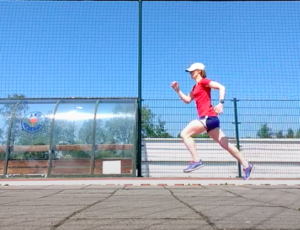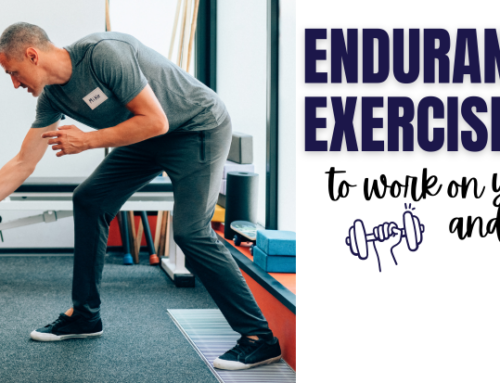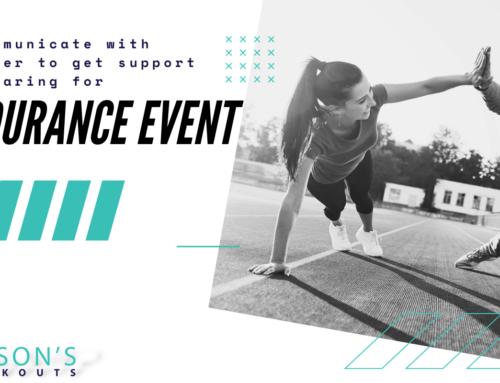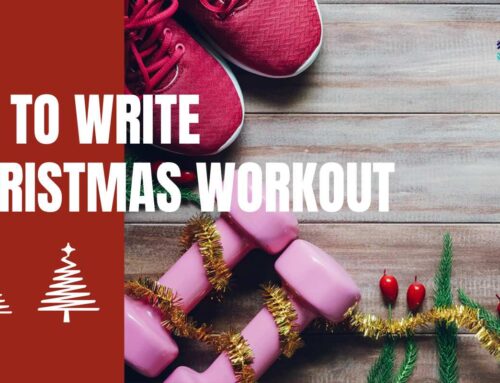I have been a runner now for about 15 years and I would like to, share a few tips on how to get started with running based on the experience I built up myself and working with clients.
Start slowly
When I have been with a client for their first run, sometimes we walk out the door and then they just bolt down the road at full speed. By being out of breath on the first run it really puts people off running and they think they are no good at it. The pace of running when you start should be very slow. You should easily be able to have a conversation while running even if this means you need to start walking to get your breath back. This also makes you feel more comfortable and more likely to enjoy it.
Run/Walk programme
The ligaments and tendons (which are connective tissue) don’t get strong as quickly as your muscles. So while you may feel good and start to actually enjoy your runs, you can progress too quickly. It is therefore recommended to start running with a run/walk programme to give your ligaments and tendons time to get stronger and more robust for running. Your body has a better opportunity to adapt to this new sport.
Pains?
Some people will experience some sort of pain when running. It happened to me a lot when I started running and knew less. Often people continue running despite feeling pain, hoping and thinking it will just go away. In the end they stop running completely. The best thing to do when experiencing pain is to step back a bit with your running. Perhaps try going back a week or two in the programme to see if running shorter distances helps, giving your body more time to adapt. And if it persists, go see a physio to treat the pain. Greg Lehman, a physiotherapist and researcher, has an interesting article around this topic.https://www.physio-network.com/blog/running-is-rehab-the-doing-is-the-fixing-when-it-comes-to-recovery-from-injury-and-pain/
Shoes
There is a lot of talk about running shoes and it can become very complex and confusing, especially for a beginner runner. I have been following many biomechanics experts and it seems that running shoes should come down to one thing – comfort. If you get the chance to try on as many shoes as you can and actually get a run in with them, probably you will find the best shoe for you.
Biomechanics Coaching
Doing biomechanics exercises prescribed by a biomechanics coach is of great benefit to runners. This helps reduce the chance of injury and helps you to become more efficient. If you are interested to find out more, contact me at this email address.
Author: Lorna Wilson
Like what you see? Then send me a message or e-mail. We can meet up for a chat and find out how I can help you improve your training and help reduce injury risk.
06 460 377 74 / lorna@wilsonsworkouts.nl





